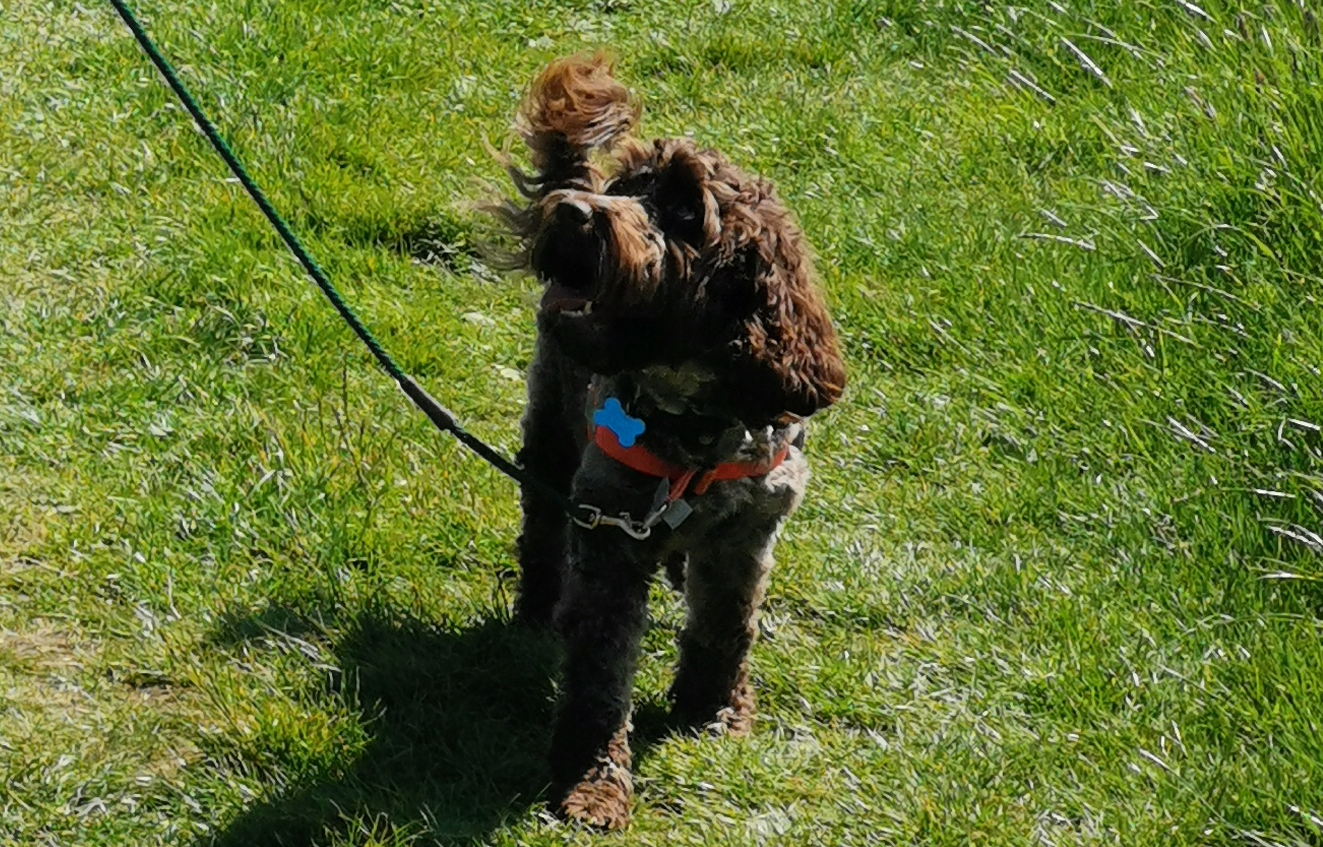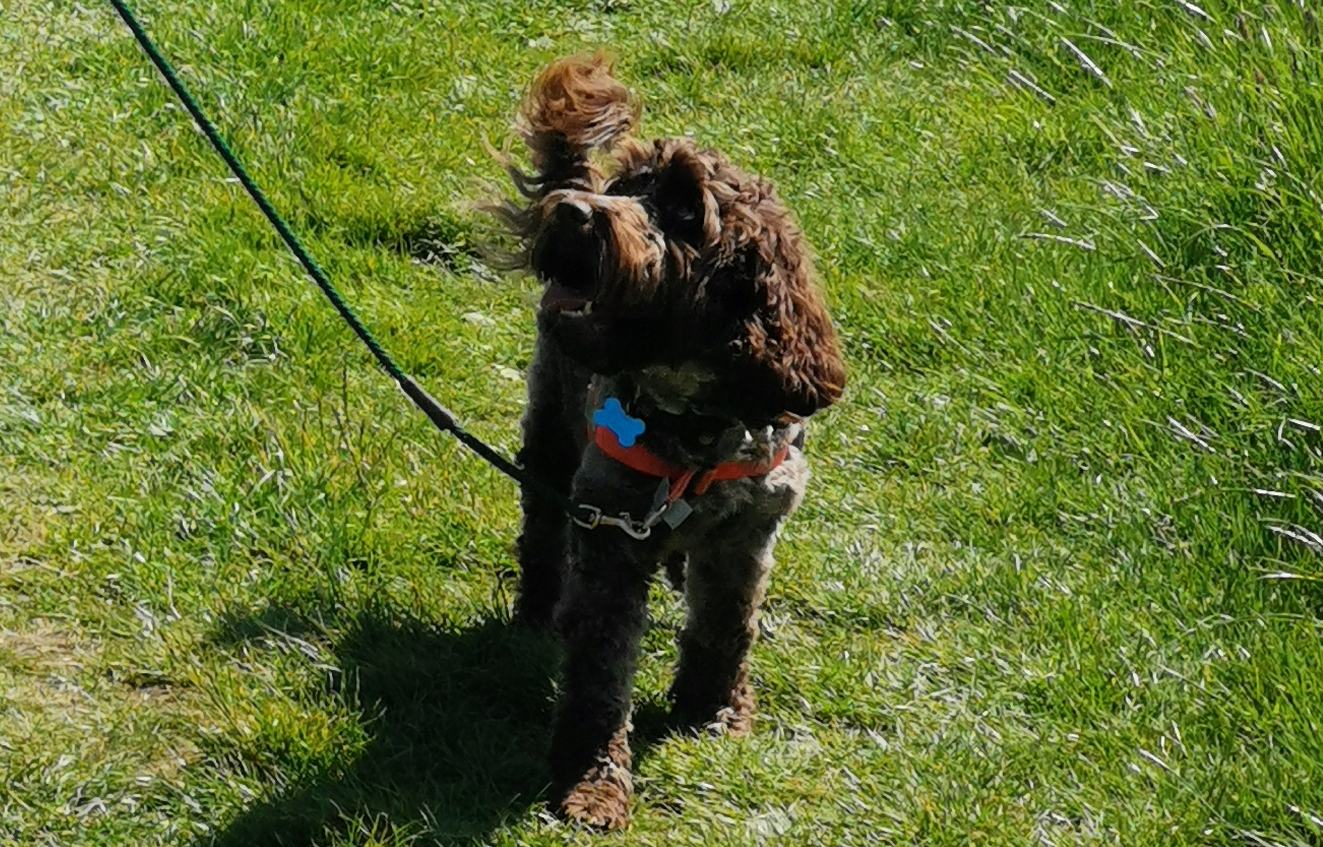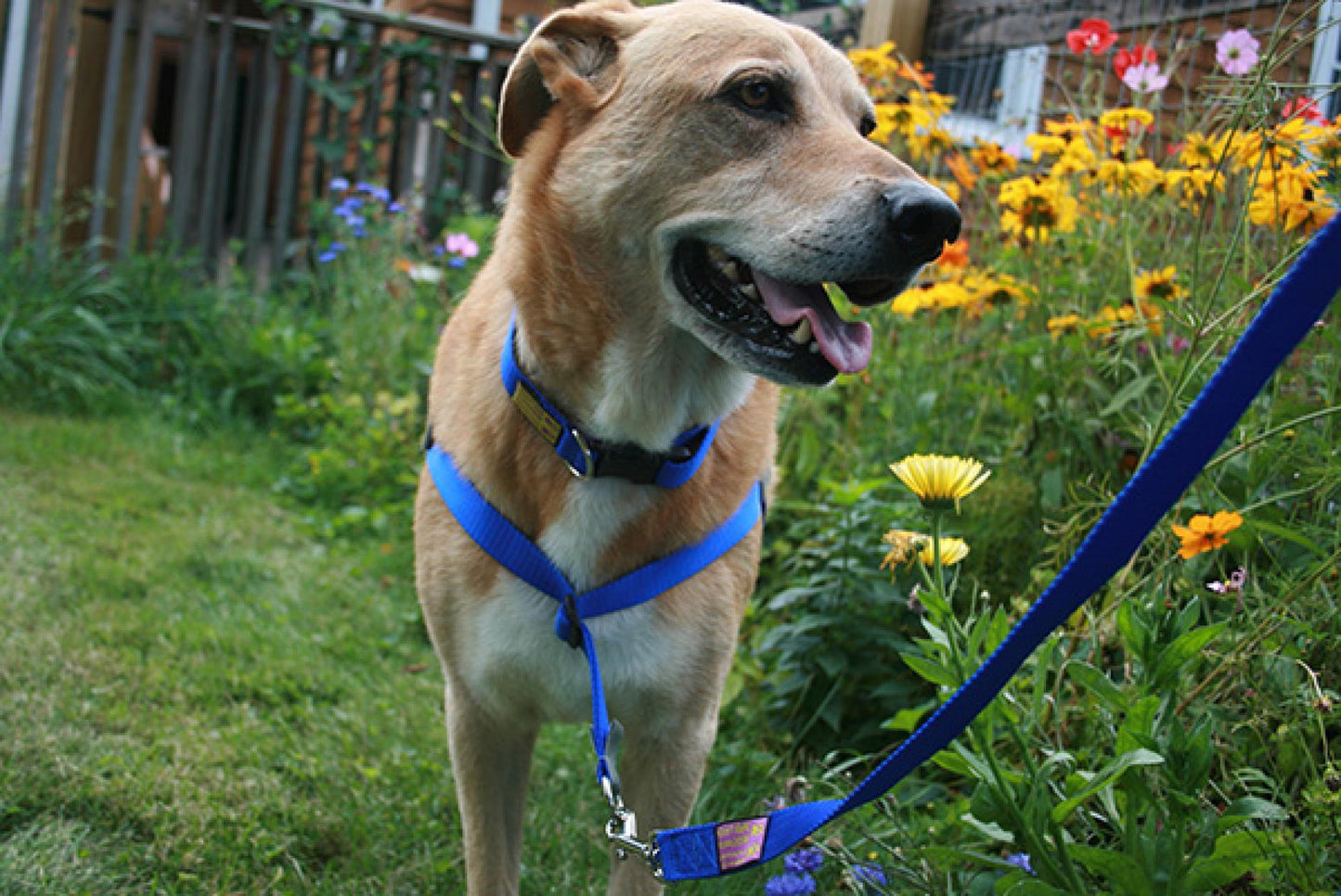Just like humans, dogs need quality sleep to maintain their overall health and well-being. Understanding your dog’s sleep patterns and ensuring they get adequate rest can significantly enhance their quality of life. Here’s why sleep is so important for your dog and tips to ensure they get the rest they need.
1. The Importance of Sleep for Dogs
Sleep is vital for your dog’s physical and mental health. During sleep, your dog’s body goes through various restorative processes that help repair tissues, boost the immune system, and support overall health. Adequate sleep also contributes to cognitive function and emotional well-being, helping your dog stay happy and balanced.
Key Benefits:
- Physical Restoration: Sleep helps repair and regenerate tissues, promoting overall physical health.
- Immune Function: Quality sleep boosts the immune system, helping to fend off illnesses.
- Cognitive Function: Restful sleep supports learning, memory, and problem-solving abilities.
- Emotional Well-being: Adequate rest reduces stress and promotes a calm, happy demeanor.
2. Understanding Canine Sleep Patterns
Dogs have different sleep patterns compared to humans. They tend to sleep more frequently but for shorter periods. On average, adult dogs sleep between 12 to 14 hours per day, while puppies and older dogs may need up to 18 to 20 hours of sleep. Dogs cycle through non-REM and REM sleep, with REM sleep being crucial for mental restoration and dreaming.
Key Insights:
- Frequent Napping: Dogs nap throughout the day, accumulating their required sleep hours.
- REM Sleep: This phase is essential for mental health, where dreaming occurs and the brain processes information.
3. Creating a Sleep-Friendly Environment
To ensure your dog gets quality sleep, it’s important to create a comfortable and conducive sleeping environment. Here are some tips to help your dog rest better:
Comfortable Bed: Provide a comfortable bed that supports your dog’s size and sleeping style. Orthopedic beds are great for older dogs or those with joint issues, while soft, cushioned beds like donut beds offer a sense of security.
Quiet and Dark Space: Choose a quiet, low-traffic area of your home for your dog’s bed. Dogs, like humans, sleep better in a dark, quiet environment free from disturbances.
Consistent Sleep Schedule: Try to maintain a consistent sleep schedule by having regular times for feeding, play, and rest. This routine helps regulate your dog’s internal clock.
Temperature Control: Ensure the sleeping area is at a comfortable temperature. Provide blankets in cooler weather and ensure proper ventilation during warmer months.
4. Recognizing Sleep Problems
Just like humans, dogs can experience sleep problems. It’s important to recognize the signs of sleep disturbances and address them promptly.
Common Signs of Sleep Problems:
- Restlessness: Frequent movement or inability to settle down.
- Excessive Barking or Whining: Vocalizing more than usual during the night.
- Daytime Sleepiness: Unusual lethargy or sleepiness during the day.
- Physical Discomfort: Signs of pain or discomfort when lying down.
If you notice any of these signs, consult your veterinarian to rule out any underlying health issues and discuss potential solutions.
5. Tips for Better Sleep
Here are some additional tips to help your dog get the best sleep possible:
Exercise and Play: Ensure your dog gets enough physical and mental exercise during the day. A tired dog is more likely to sleep soundly at night.
Diet and Hydration: Maintain a healthy diet and ensure your dog has access to fresh water. Avoid feeding large meals right before bedtime.
Calming Routines: Establish calming bedtime routines, such as gentle petting or a short walk before bed, to help your dog wind down.
Regular Vet Check-ups: Regular veterinary check-ups can help identify any health issues that might affect your dog’s sleep.
Conclusion
Ensuring your dog gets quality sleep is essential for their overall health and well-being. By understanding their sleep patterns, creating a comfortable sleep environment, and recognizing signs of sleep disturbances, you can help your furry friend enjoy restful, restorative sleep. Invest in a good bed, establish a consistent routine, and pay attention to your dog’s needs to ensure they get the rest they deserve. A well-rested dog is a happy, healthy companion. Visit our shop to explore a range of high-quality dog beds and sleep accessories designed to provide your dog with the ultimate comfort and support.










